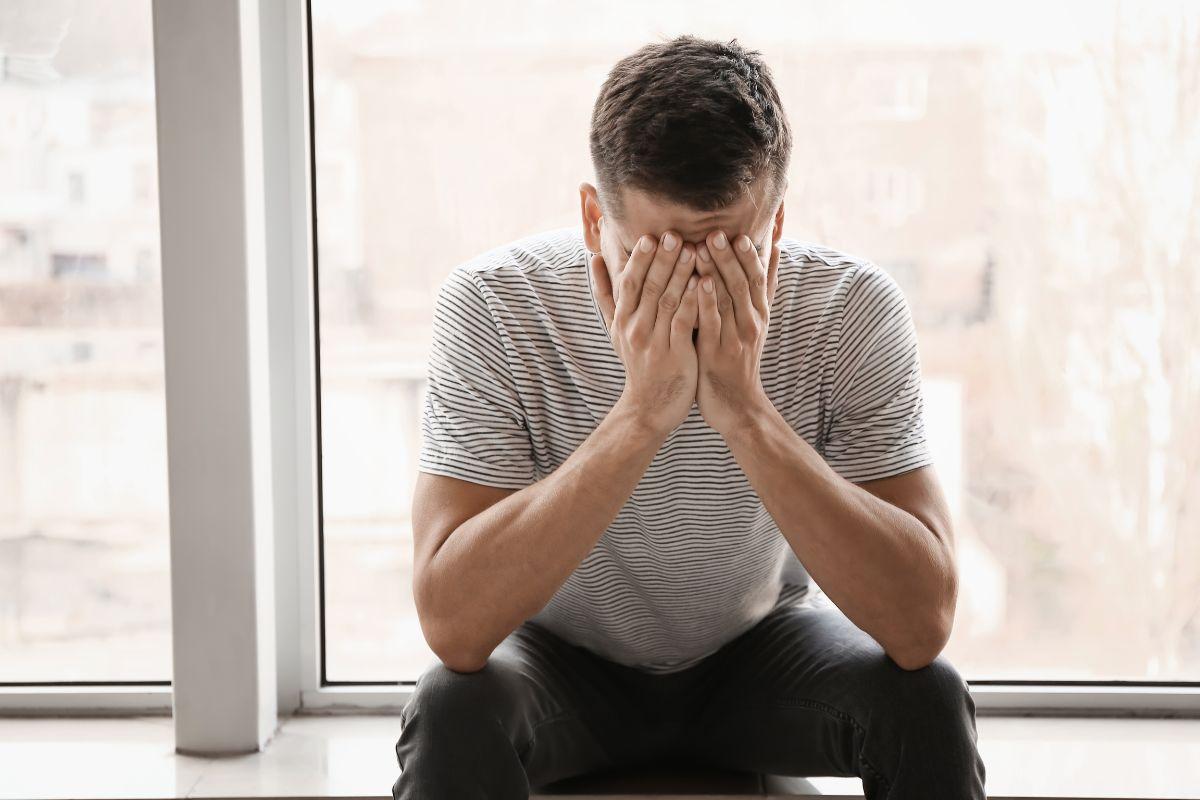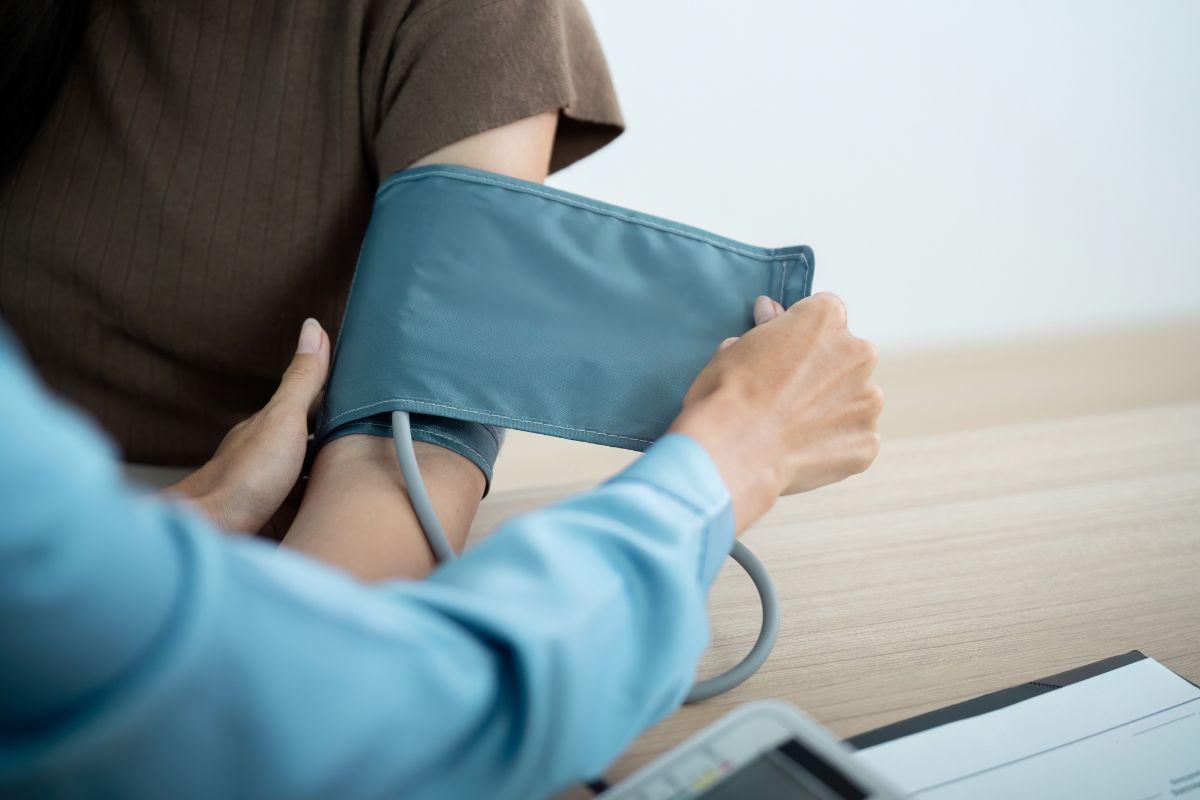Written by Mario Correia from Dental Practice on the Green for Doctify
You’ve had a tiring day at work. It’s only Tuesday and Friday feels so far away. All you want to do is have a glass of red, maybe jump in the bath and be in bed by 10pm. And then your partner starts snoring.
Whether you’re culprit or you partner is the resident snorer, this night time annoyance can cause anxiety and loss of sleep. Here to offer a potential solution is Mario Correia from Dental Practice on the Green.
What causes snoring anyway?
If you are a habitual snorer, you not only disrupt the sleep patterns of those close to you, but you also impair your own sleep quality and maybe even your long term health.
Snoring can be a symptom of a disorder called sleep apnoea, which can have serious health risks.
So, what is sleep apnoea?
Snoring or sleep apnoea is very common, according to the Sleep Apnoea Trust, but less than one in four sufferers are diagnosed. To quote the Sleep Apnoea Trust:
“Obstructive Sleep Apnoea (OSA) is a serious condition where the muscles in the throat relax during sleep causing the sufferer to temporarily stop breathing. If untreated it can occur hundreds of times in a night leading to daytime fatigue and other serious health problems.”
Snoring is caused due to a vibration of respiratory structures with the resulting sound produced from the movement of obstructed during breathing while asleep. Although sleep apnoea can affect men and women of all ages. It is estimated that around a third of people aged over 30 are snorers, rising to 40% of middle aged men, the most prevalent snoring group. According to a recent SAT survey, two thirds of adults with partners say they have been disturbed by their partner’s snoring.
What causes it?
One major predisposing factor for snoring is being overweight. The excess fat deposits in the area of the neck and throat put pressure on the tissues surrounding the airway causing it to narrow. Snoring is also more common in people with a large tongue, a long soft palate, a large uvula (the fleshy extension at the back of the soft palate which hangs above the throat), or large tonsils. Snoring is also more prevalent in people with a receding chin because there is less space in the back of the throat for the soft tissues and tongue.
Cigarette smoking can also cause increased nasal congestion and mucous in the air passages, with consequent increased snoring.Patients with long-term snoring or sleep apnoea risk developing arrhythmia. Patients who have sleep apnoea also may have gastro-esophageal reflux as the narrow airway can cause pressure alterations following air movement from and to the lungs during sleep, which can suck the contents of their stomach back up into the esophagus.
Sleeping disorders can be dangerous…
Lack of sleep can hamper us in our daily lives and can even put us and others at risk. For example, sleepiness at the wheel, or drowsy driving, is said to be the cause of about 22% of road accidents, in fact it has been assessed that tiredness has cause of more road deaths than alcohol. A UK poll shows that up to 11% of drivers admit to having fallen asleep at the wheel.
Don’t worry, though!
The good news is that once sleep apnoea has been diagnosed it can be easily treated.
Dentists with appropriate training can construct oral appliances/devices for snoring and sleep apnoea. Much like an orthodontic retainer or an athletic mouth guard, the oral appliance is placed in the mouth. These appliances prevent the collapse of the tongue and soft tissues in the back of the throat to open the breathing passages during sleep. Adequate air intake is promoted by allowing normal sleep for those who suffer from snoring and obstructive sleep apnoea. Your sleep is restored and your partner is happy!




